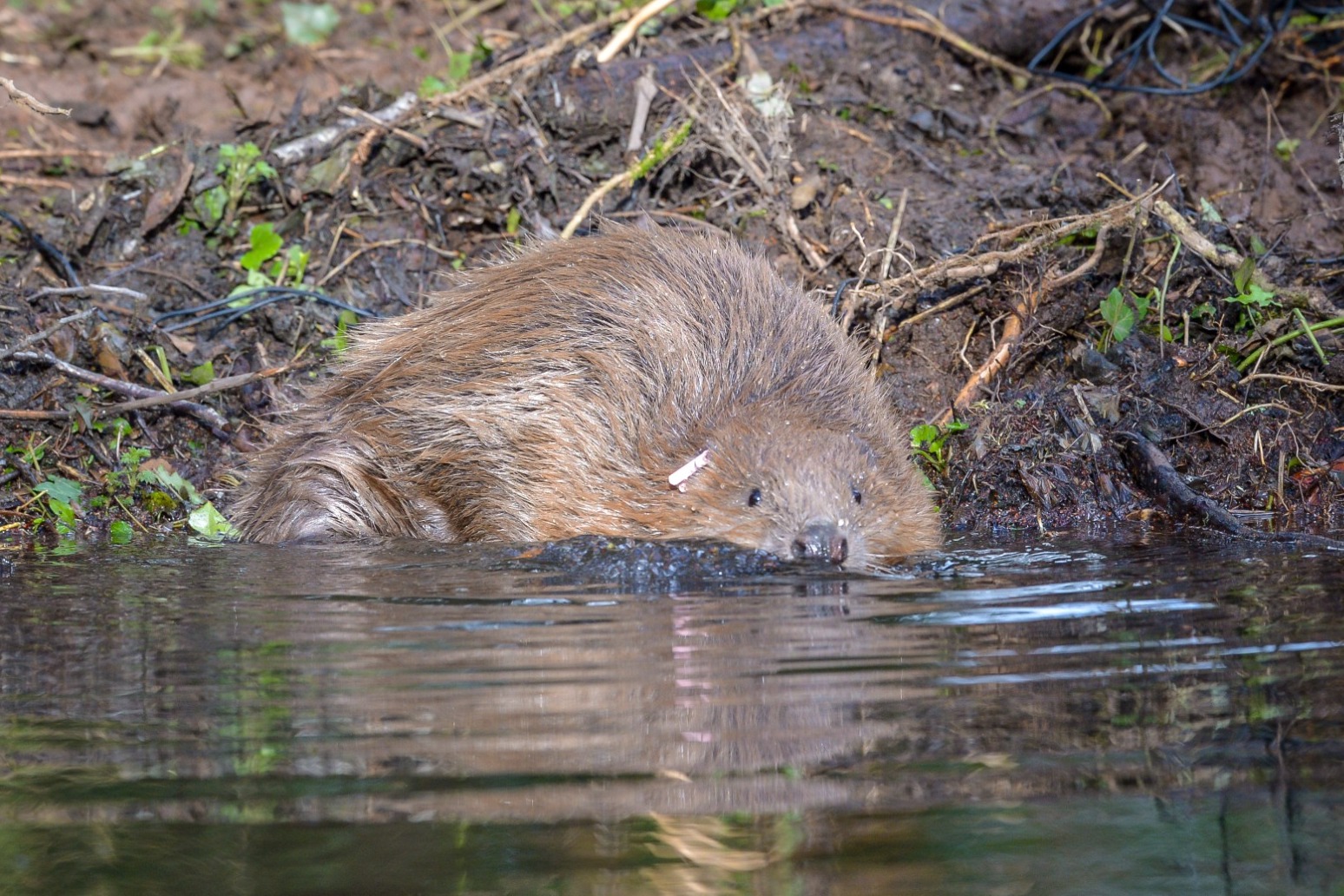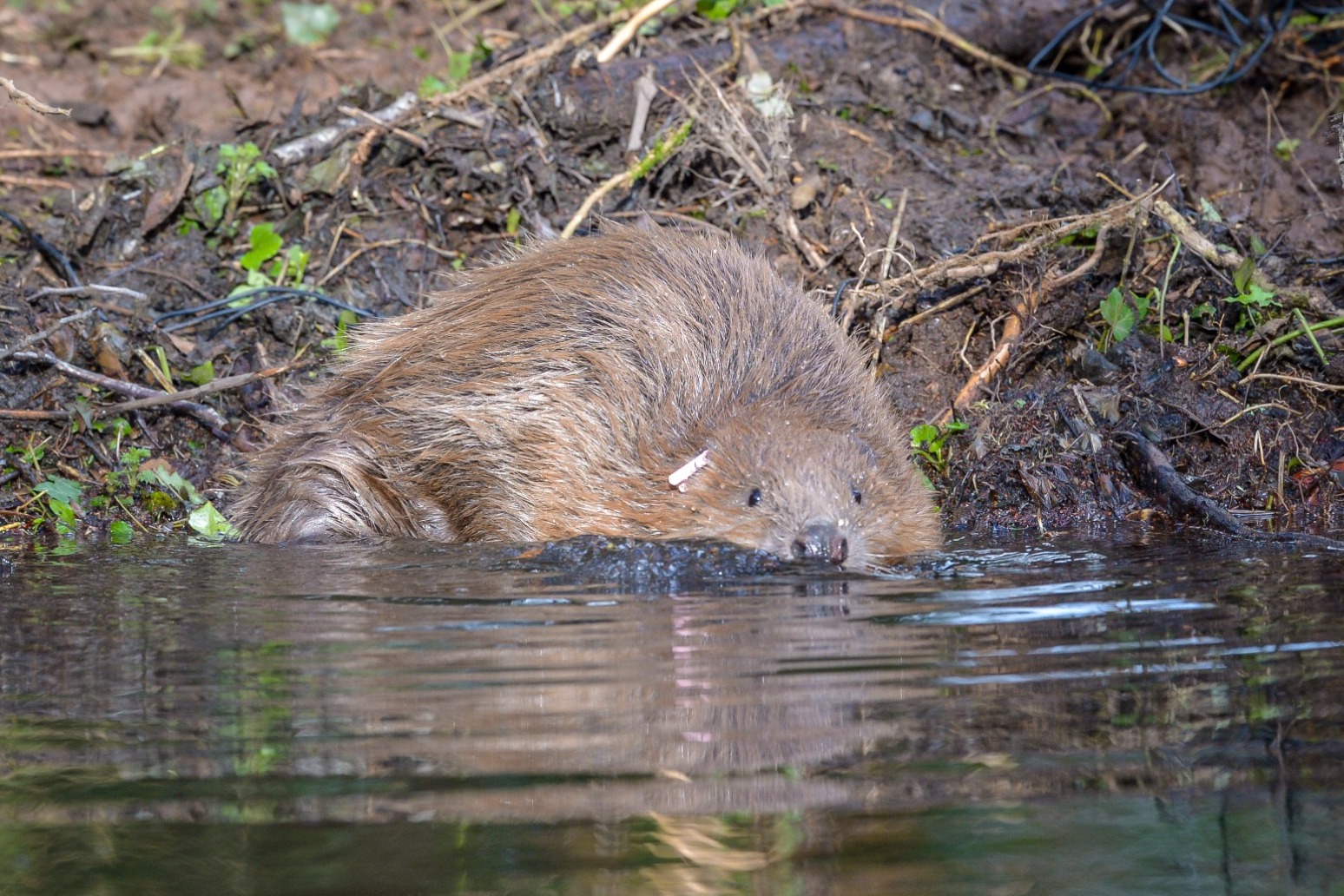Listeners:
Top listeners:
-
 play_arrow
play_arrow
WBPL – LIVE As Blackpool As You Are
 Adele - Easy On Me
Wow I love this song! Thank you for your amazing music!
Aria R.
Adele - Easy On Me
Wow I love this song! Thank you for your amazing music!
Aria R.
 Deep Purple - Smoke On the Water
Shoutout to the rainbow in my life, Gina!
Orion S.
Deep Purple - Smoke On the Water
Shoutout to the rainbow in my life, Gina!
Orion S.
 Luna Park - Space Melody (Radio Version)
Calling my cosmic companion, Jane! Hit play and let's embark on a musical space journey.
Luna Park - Space Melody (Radio Version)
Calling my cosmic companion, Jane! Hit play and let's embark on a musical space journey.
Experts want bold approach to put beavers back into the wild


Beavers need to be back in the wild to help tackle the climate and nature crises, wildlife experts have said as they called for a “bold approach” to bring back the keystone species.
The Wildlife Trusts has published a report calling for licences to release the semi-aquatic mammals into the wild, rather than only in fenced enclosures, in England and Wales, and government funding to support their return.
The network of wildlife charities say scientific studies show beavers, known as keystone species as they manage rivers and wetlands naturally through coppicing trees and building dams, can improve water quality and help store carbon.
They also stabilise water flows in drought and floods – on the rise with climate change – and create habitat for a host of other wildlife.
They are a cost-effective alternative to efforts to tackle water resource issues and to conservation work, and can even boost tourism spending as people come for wildlife watching experiences, the trusts say.
But despite launching a consultation on the future of wild beavers and giving them protected status in England, the previous Government failed to put in place the steps needed for their return, conservationists say.
And in Wales, legislation to protect beavers and enable their effective management is still lacking.
Beavers were hunted to extinction in Britain in the 16th century for their fur, glands and meat, but are now found living in the wild on a number of rivers in Scotland and England through official trials and illegal releases or escapes.
They have also been introduced into enclosures in a number of English counties.
But while former environment secretary George Eustice signalled support for a “cautious approach” to releasing beavers into the wild where the benefits were clear in 2021, the Tory government later rowed back, saying species reintroductions were not a priority.
The Wildlife Trusts are calling for the Labour governments in Westminster and Wales to publish an ambitious beaver reintroduction strategy, provide finance to land managers who make space for beavers through the farming payments schemes and agree funding support for beaver management groups.
The charities are also calling for the UK and Welsh Governments to “urgently confirm” that all wild beaver populations can remain in England and Wales, and for beavers in Wales to be recognised as a native species and fully protected.
The report acknowledges concerns surrounding the return of beavers, including beaver dams blocking fish migrations, impacts to the landscape, trees and banks, and localised flooding including of farmland.
But it sets out ways to avoid or resolve conflict, including rapid response teams who can solve problems, ongoing work with communities to increase understanding of beavers, and financial incentives to help land managers earn a living while working alongside the animals and wetlands.
Rob Stoneman, director of landscape recovery at The Wildlife Trusts, said: “The benefits of beavers are widely acknowledged and well-evidenced – but across England and Wales, the reintroduction of this keystone species has stalled.
“Numerous scientific studies have shown that beavers improve water quality, stabilise water flows during times of drought and flood, and give a huge boost to habitats and to other wildlife.
“Given the climate and nature crises, we need beavers back in the wild to give us a hand to resolve these challenges.”
One proposed wild release scheme is on the River Yar on the Isle of Wight, where Hampshire and Isle of Wight Wildlife Trust want to reintroduce two to three pairs or families of beavers to help restore the ecology of the river system.
Nicola Wheeler, the Trust’s beaver officer, said the return of beavers would bring back biodiversity to sites along the Yar, slow the flow downriver and reduce flooding and retain water in the flood plain to provide a more sustainable water resource.
“If the Government allowed wild beaver releases, with projects like this there’s a requirement to assess what the local impacts could be, to draw out positives, but also to provide support for coexistence, so to provide help with communities who aren’t used to having beavers in the landscape.
“Whereas the situation at the moment is that there’s a lot of illegal releases going on, and nobody’s taking responsibility for beavers in the landscape in those areas,” she said.
A model for how wild beavers can coexist with people in a landscape is in on the River Otter, where Devon Wildlife Trust stepped in to run a trial allowing the animals to continue living free on the waterway when they were found to be breeding there in 2014.
Pete Burgess, director of nature recovery at Devon Wildlife Trust, said studies with the University of Exeter found the animals had boosted local tourism and businesses, reduced the most damaging peak flood flows and provided steady supplies of water in times of drought.
Professor Richard Brazier, from the University of Exeter, said research showed 90% of people nationally supported beaver reintroductions, and the figures are even higher for the River Otter area.
“Renewing our coexistence with this animal and thus enabling the beaver to modify landscapes that can again deliver multiple ecosystem services to society is an obvious and sensible thing to do,” he added.
A Defra spokesperson said: “This government is absolutely committed to restoring and protecting nature and we support species reintroductions where there are clear benefits for nature, people and the environment.
“We will continue to work with Natural England to develop our approach to beaver reintroductions in England.”
Published: by Radio NewsHub
Written by: admin
-
Recent Posts
- Kate Forbes Says Independence For Scotland Is An Economic Necessity
- Prince Harry Returning To The UK For Charity Visits With Donation To Children In Need
- Harry Returning To The UK For Charity Visits With Donation To Children In Need
- Insecure Work Holding Back Economy
- Joel Dommett Hails Huge Shows In Running For National Television Awards
Chart
-

1
Jonas Blue, Liam Payne And Lennon Stella
Polaroid
-

2
Tanja Thomas
One Way Ticket (To The Blues)
-
3
The Monkees, 01.01
I'm A Believer
-
Top popular

Difficult day as last blast furnace shuts down at Port Talbot steelworks

UK Government charters flight for Britons in Lebanon

Downton Abbey creator Julian Fellowes Dame Maggie Smith was blessing in my life

Household energy bills to rise for winter as Ofgem lifts price cap

Ringleader of plot to smuggle 76m of cocaine into UK hidden in bananas jailed

WHO WE ARE
We are bringing the fun back to the seaside city, and we live and love EVERYTHING Blackpool!
CONTACT
- info@wbplradio.com
Copyright The Mediasite UK - 2024.



